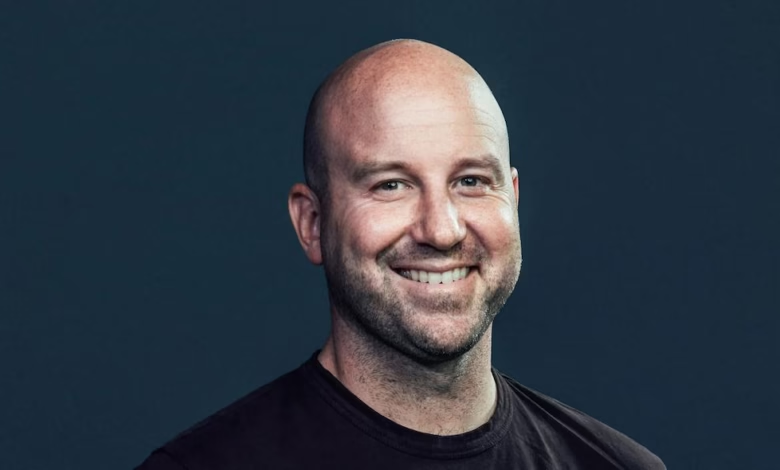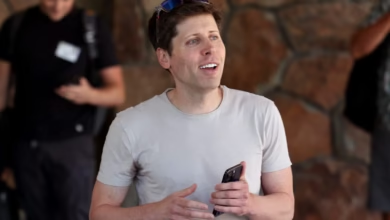Meta CTO: OpenAI Blocked Lucrative Job Offers to AI Talent

▼ Summary
– Meta debuted its first augmented reality glasses, a step toward Mark Zuckerberg’s vision of replacing smartphones with hands-free AR devices.
– OpenAI CEO Sam Altman revealed Meta offered $100M signing bonuses to lure OpenAI employees, but top talent chose to stay, prompting OpenAI to counter the offers.
– Meta is aggressively hiring AI talent, including Scale AI co-founder Alexandr Wang, and investing $14B in Scale AI for a 49% stake to attract key personnel.
– Meta attempted acquisitions of AI startups like Safe Superintelligence and Perplexity AI, hiring Safe Superintelligence’s CEO and former GitHub CEO instead.
– Meta’s CTO Andrew Bosworth emphasized the company’s commitment to superintelligent AI, backed by significant investments in personnel and computing resources.
The competition for top artificial intelligence talent has reached unprecedented levels, with tech giants like Meta and OpenAI locked in an intense battle to secure the brightest minds in the field. Meta’s Chief Technology Officer Andrew Bosworth recently revealed how OpenAI actively countered their attempts to poach key employees, including blocking lucrative offers that reached nine-figure sums.
During a CNBC interview, Bosworth described the current market for AI specialists as extraordinary, noting he hasn’t witnessed anything comparable during his two decades in tech leadership. Meta reportedly offered signing bonuses approaching $100 million to attract OpenAI’s top performers, according to statements made by OpenAI CEO Sam Altman on a recent podcast. Despite these staggering figures, Altman claimed his team remained loyal.
The recruitment war escalated when Scale AI co-founder Alexandr Wang joined Meta to work on superintelligence projects. This move came as part of a broader $14 billion investment deal where Meta acquired a significant stake in Scale AI. The agreement specifically targeted bringing Wang and select team members into Meta’s fold.
Meta’s aggressive hiring strategy extends beyond individual recruits. The company recently attempted to acquire Safe Superintelligence, a startup founded by former OpenAI executive Ilya Sutskever. While that deal didn’t materialize, Meta successfully brought on Safe Superintelligence’s CEO Daniel Gross and former GitHub chief Nat Friedman through their venture firm. Reports also surfaced about Meta exploring an acquisition of Perplexity AI, though negotiations ultimately stalled.
Bosworth emphasized Meta’s commitment to developing advanced AI systems that could fundamentally transform how humans interact with technology. “We envision a future where superintelligent AI assists people in every aspect of their lives,” he stated. The company is backing this vision with substantial investments, having spent nearly $14 billion in the first quarter alone on capital expenditures and related costs.
The financial stakes in this talent war are staggering. Altman disclosed that Meta’s offers included nine-figure signing bonuses on top of compensation packages exceeding $100 million annually. While OpenAI recently announced reaching $10 billion in annualized revenue, the company continues operating at a significant loss as it competes with deep-pocketed rivals like Meta.
Bosworth framed Meta’s spending as necessary to achieve technological breakthroughs, stating that success requires both cutting-edge computing resources and exceptional human talent. As the AI arms race intensifies, industry observers expect these recruitment battles and eye-popping compensation figures to become increasingly common among leading tech firms.
(Source: CNBC)


